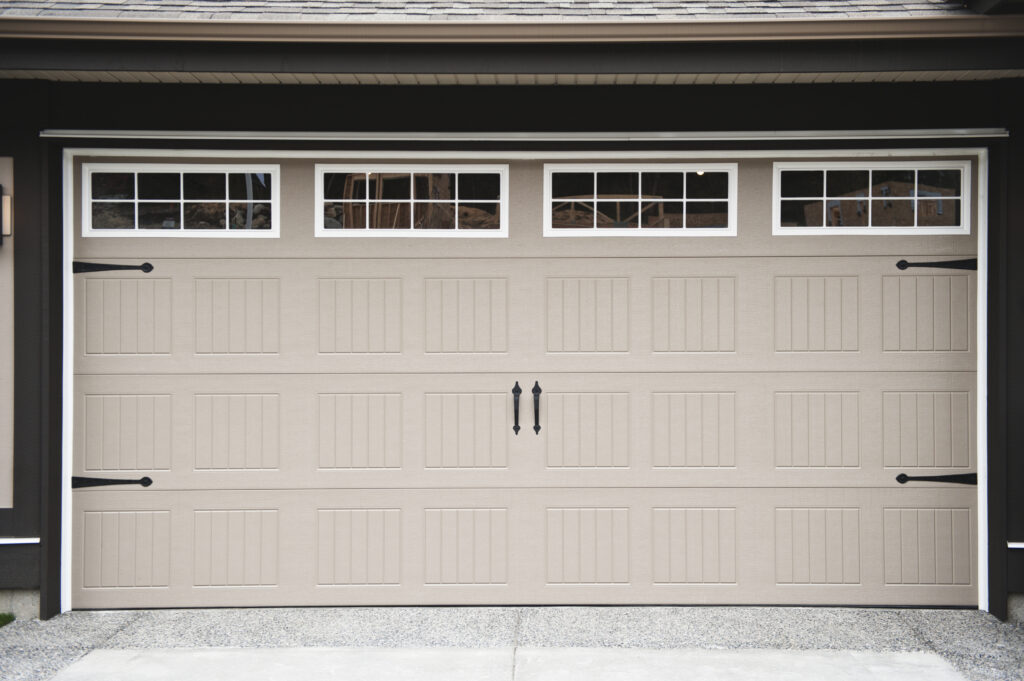Routine Garage Door Maintenance Tasks
Invented in the early 1920’s, the garage door has transformed the lives of homeowners nationwide, yet it receives very little respect. In a two-career household, where school aged children are present, you can count on the garage door smoothly opening and securely closing more than 1,500 times during the course of a year.
For many, the garage door is actually their front door, as it provides increased convenience and security. Just drive up, park, and enter through the service entrance – it really can’t get any easier than that. Whether new or old, your garage door’s safety is paramount, especially if you want to ensure its continued performance – and your peace of mind.
The average life span of a garage door is approximately thirty years when properly maintained. The automatic garage door opener tends to last 10 to 15 years. The life expectancy of the garage door springs is determined on your usage as they’re estimated in terms of cycles (typically 10,000) rather than years. These numbers, however, are solely contingent on the manufacturer.
In 1993, federal law mandated the use of electronic safety eyes be included on all automatic garage door openers, sold after this date. Located 6 inches above the garage floor, the safety eyes instruct the door to automatically reverse should something, or someone obstruct their beam. This ensures the safety of your pets and loved ones. If your opener doesn’t feature this; replace it immediately!
Truth be told, a malfunctioning garage door is a human affliction, one that has increased in severity the busier and faster-paced we’ve become. Routine garage door maintenance can help you extend the life your garage door, and its related components, as well as save money on costly repairs. Keeping your door in top shape is quite easy. Perform the following tests and maintenance monthly.
Reversal Test: With the door fully open, place a 2×4 (or similar size object) on the floor, centered directly under the door. Operate the door in the down direction. When the door hits the object, it should immediately reverse direction. Never attempt to stop the door using your hands or a object. If the door fails to reverse direction, halt further use, and contact a professional repair technician.
Door Balance and Alignment: With the door fully closed, disengage the garage door opener from the door itself, by simply pulling the red manual release rope straight down and then back towards the motor. Once disengaged, lift the door about 3 or 4 feet above the ground with your hands and let go. If the door stays open, then it’s properly balanced, but if it closes then you’ll need to contact a professional.
Visual Inspection: Thoroughly inspect the various components of your garage door system (i.e. the door and opener) once per month. This simple act is one of the best ways to prevent malfunction. Should you spot anything amiss, contact a professional, and schedule service. Never attempt to repair or replace any worn parts without the help of a professional.
Proper Lubrication: The International Door Association recommends regularly lubricating all of the moving components of your garage door during maintenance. You should, however, refrain from lubricating any plastic components. A high-quality silicone lubricant is a good choice – anything heavier will only work to attract more dirt and grime. A light coat is all you need.

